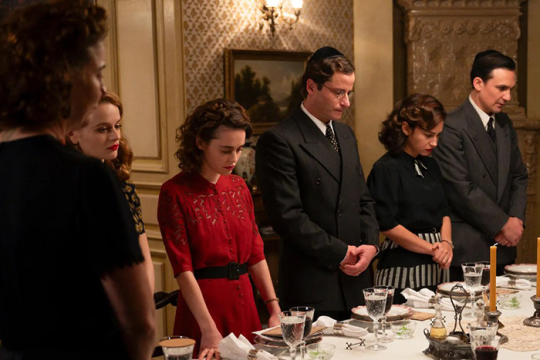Welcome to Temple Beth Shalom!
Temple Beth Shalom is a dynamic congregation of about 100 families, under the leadership of Rabbi Michael Ross. Known as the Synagogue of the Western Reserve, we are a Reform Jewish congregation, affiliated with the national organizations of that movement.
Although the Temple has grown over the years, it endeavors to maintain a warm and welcoming atmosphere. Please come join us so we can share who we are today and our vision for the future.
The Temple is located in a beautiful, historic building at 50 Division Street in Hudson. Friday night services are held twice a month at 7:30 p.m. For a schedule of services and other activities, see our Calendar page.
50 Division Street
Hudson, OH 44236
330-656-1800, Please Note: there is no on-site staff and there may be a delay in retrieving and returning messages left at this number.
Office hours vary; please email for appointment.
Rabbi: rabbimichaelross@gmail.com
Education Director: education@tbshudson.org
President: president@tbshudson.org
Membership: membership@tbshudson.org
Accounting: accounting@tbshudson.org
e-Megillah
Thursday, April 25, 2024
Issue #665
Letter from Rabbi Ross
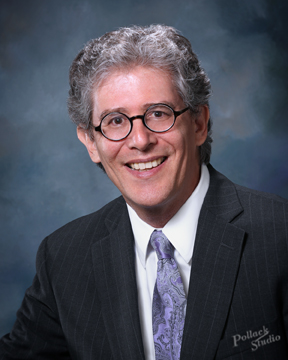
Dear TBS Friends and Family,
This Passover will be an opportunity to confront our emotions and anxieties of the past 6 months as we consider liberation, freedom, and joy this spring.
We had a wonderful Family Seder on Sunday for 45 people! Our Friday Community Seder meal is sold out!
Religious School Updates
– We have begun advertising for a new education director for next fall. Please let us know if you know anyone who might be interested! We have formed a search committee for this opening, and will be sharing info and details in the weeks to come.
– Our religious school is on Passover break. Classes resume Thursday 5/2
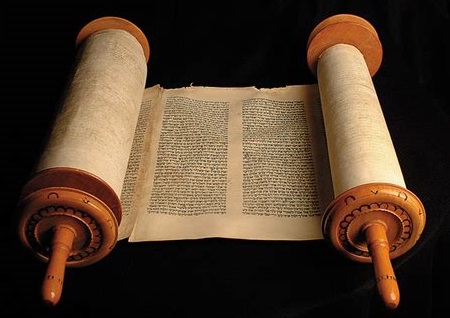 Judaism 101 – 12 Sunday afternoons (3/3-5/12 at 4:00 pm)
Judaism 101 – 12 Sunday afternoons (3/3-5/12 at 4:00 pm)
Have you ever wanted to learn more about Judaism from an adult perspective?
Are you considering conversion to Judaism?
If so, this class can form a great foundation to get you started. We will focus on Jewish history, holidays, ideas and traditions.
There will be a few paperback books as part of the class as well.
- Class fees – $10 for TBS members or $56 for the entire course, $18 per class non-members or $154 for the entire course. College students can pay a donation. (Fees for the class will go to pay our zoom manager/teaching assistant.)
- RSVPS are needed in advance. Please email rabbimichaelross to RSVP or get more info and syllabus.
Meeting ID: 874 2204 2658, Passcode: judaism101

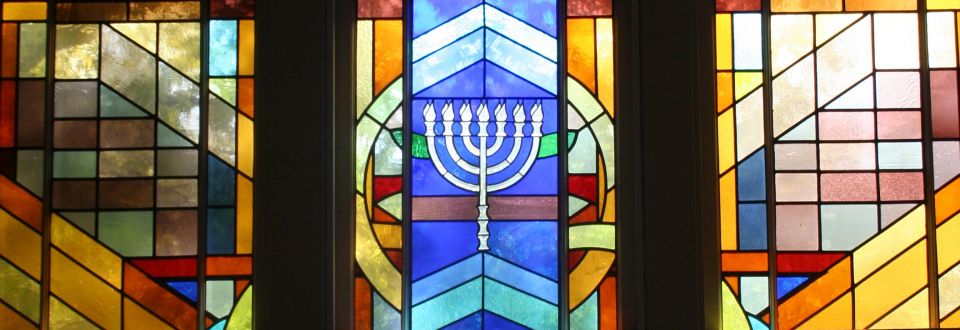
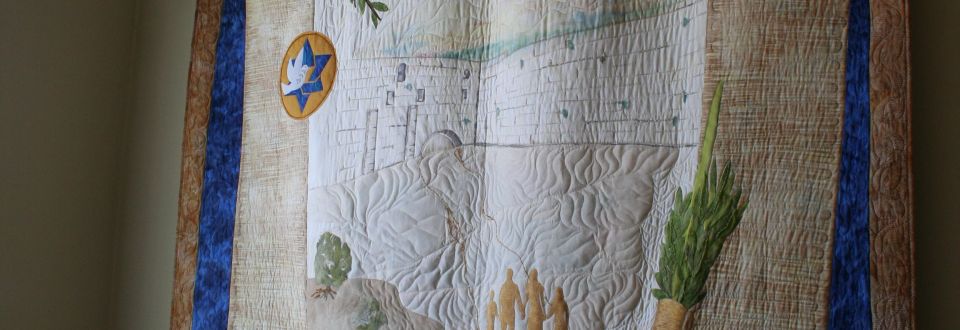
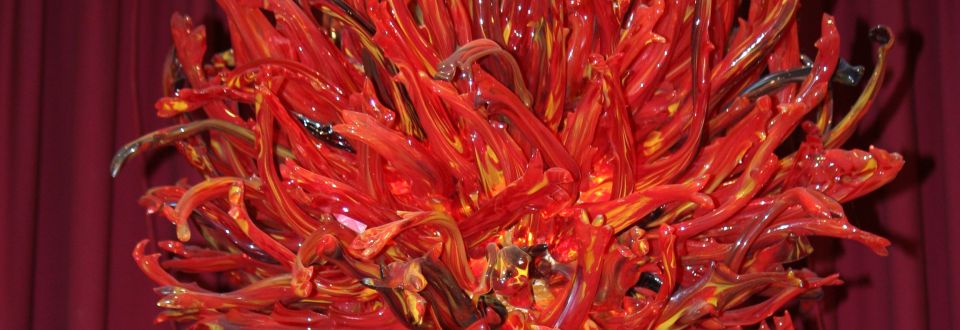
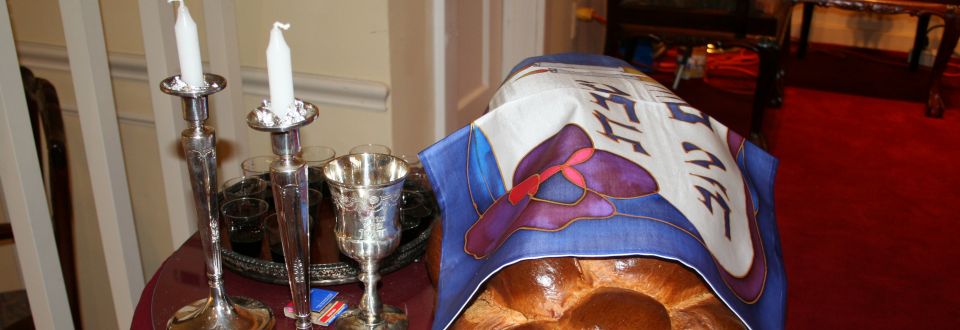
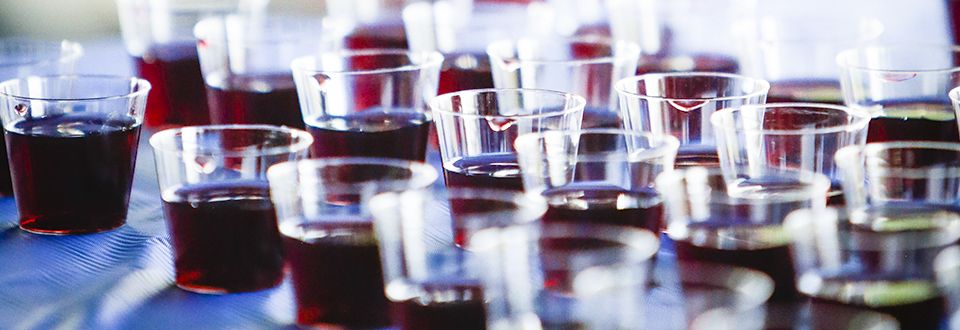
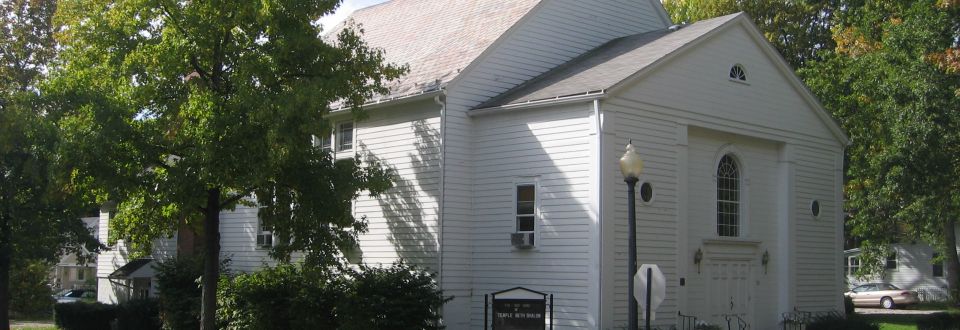
 Donations to support Israel can be made at
Donations to support Israel can be made at